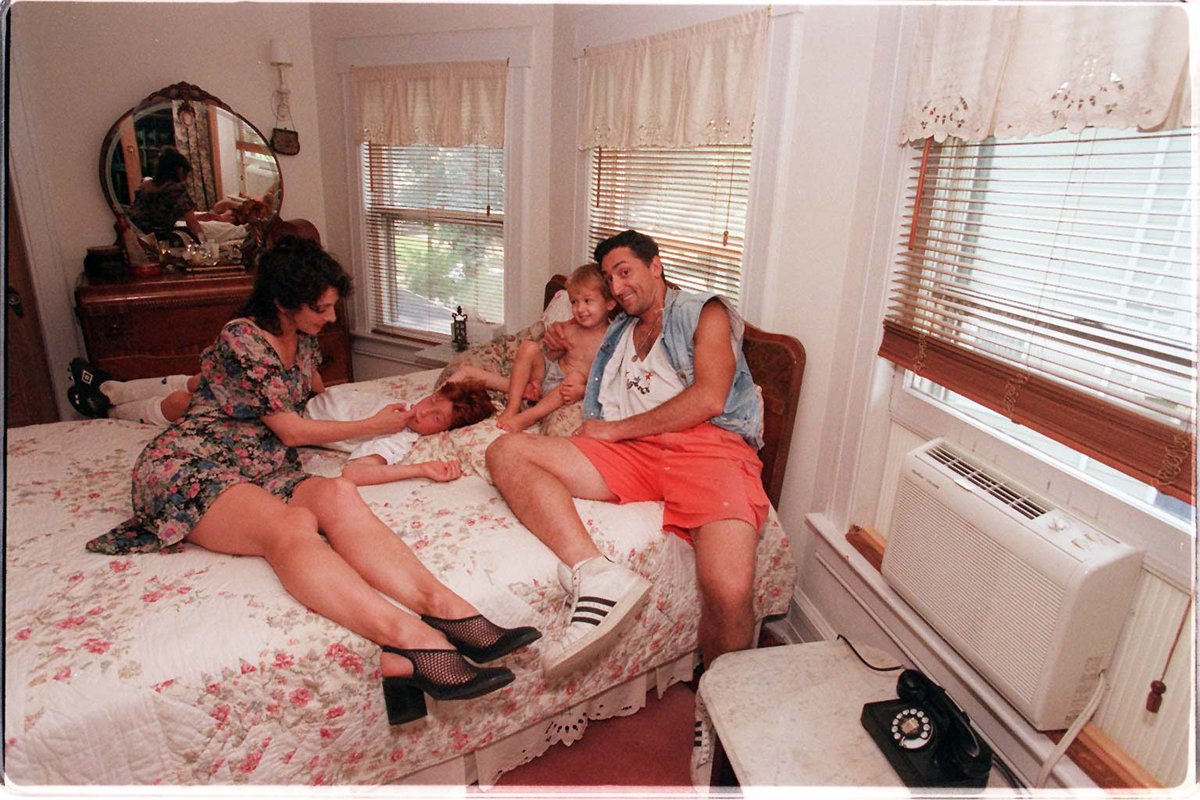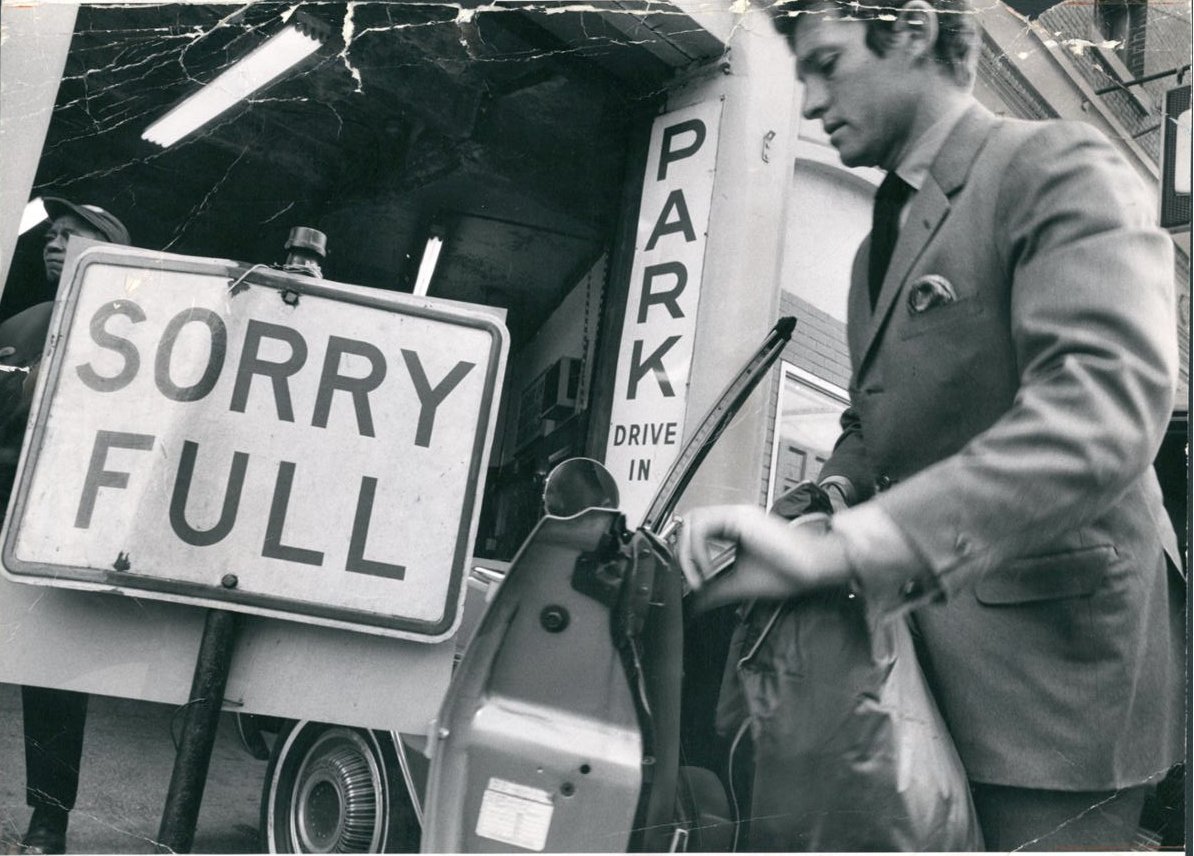July 17, 1902: It was another scorcher in New York City. The week before, seven deaths tied to the heat had been reported. Willis Haviland Carrier, an engineer trying to combat humidity at a printing plant in Brooklyn, invented air-conditioning. nyti.ms/2VViCbx 

Air conditioning changed the United States. It allowed for sweeping development of the South with the innovation of central air. nyti.ms/2VViCbx 

New York City was transformed as window-mounted air-conditioners lined the side of buildings and dripped on people on the sidewalk below. nyti.ms/2VViCbx 

Over the years, air-conditioning has received a fair amount of criticism. “Air conditioning is a dangerous circumstance,” the American architect Frank Lloyd Wright wrote in The New York Times in 1979. nyti.ms/2XpMvBc
More recently, criticism has focused on air-conditioning’s deleterious effects on the planet and contributions to climate change.nyti.ms/3g3JBIH 

In addition, increased demand for air conditioning in growing cities across
the globe is causing concerns for blackouts. nyti.ms/2XrEYlm
the globe is causing concerns for blackouts. nyti.ms/2XrEYlm

Tap the links above for more @nytimes reporting on air-conditioning, past and present. Photos by Tyrone Dukes, Dith Pran, Gene Maggio, Marilynn K. Yee, Richard Perry, and Fred R. Conrad/The New York Times. #heat #airconditioning
• • •
Missing some Tweet in this thread? You can try to
force a refresh











